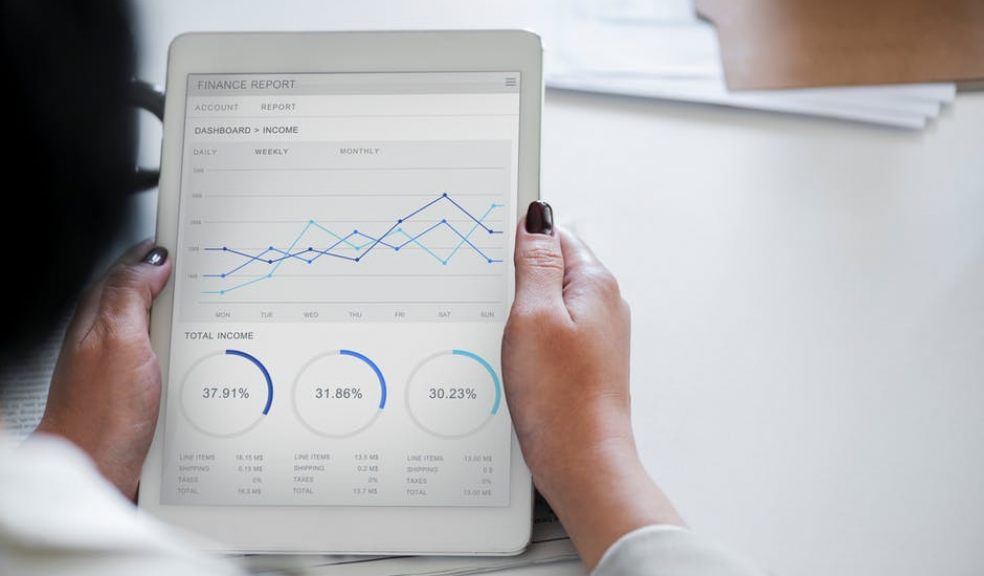
10 business finance terms you need to know
The world of business finance can be somewhat overwhelming. However, businesses must have a solid understanding of finance in order to make sure that they have the confidence to make tough financial decisions and to avoid running into financial difficulties. Here in Exeter, thousands of businesses have succeeded, and some have failed, so it is important that new business owners have the best possible understanding from the start. Here are 10 business finance terms you need to know in order to stand a chance in the world of business.
Assets
These are the items that your business has that are worth something. They can be anything from the building you own and the furniture in it to your products and any copyrights you hold. You buy and sell assets based on their economic value in the long and short-term. In accounting terms, that covers assets, but you should also see your employees as assets because they are an essential part of your business and they create value with their labour.
Capital
People often get assets and capital mixed up. Capital specifically refers to the net worth of a company or the money that it requires to produce goods.
Liabilities
These are, as the name suggests, not things that you particularly want but your business will have them. Debts count as liabilities and they include the loan you negotiated to start the business in the first place and any money you owe to other businesses. Your business credit card debt is another liability. Liabilities are split into two groups - current and long-term. Current liabilities are more pressing and must be paid off before or as soon as they are due, whereas long-term liabilities are usually loans that are not due for repayment for at least a year.
Insurance
Businesses will be involved with a large variety of insurances. An obvious example is the business buildings insurance you will need if you own your office. For the equipment that you have inside the office, you will need business contents insurance cover. Stock insurance will cover you for any stock that is held onsite that is lost or damaged. Employer’s liability insurance will cover any claims that workers make concerning on the job injuries or illnesses. You could also have insurance that you are not actually aware of that is intended to cover your outgoings if you are unable to pay due to long-term illness - that is called PPI (Payment Protection Insurance). Many PPI policies were mis-sold in the past by banks and building societies and you could make a Halifax PPI Claim if you believe you were a victim of mis-selling.
Cash flow
This is a term you may have heard before but have not understood exactly what it meant. Well, cash flow is the flow of funds through your business, both in and out. You need good cash flow in order to be able to pay for any expenses that are incurred. It’s all well and good having lots of money in the form of capital but if you do not have a healthy cash flow to settle debts then you could find your capital rapidly disappears.
Cash flow statement
This is what details the cash flow and it is essential that your business has this recorded in order to accurately evaluate your finances.
Bottom line
Your bottom line is literally the line at the bottom of your financial ledger for the month. This is the money you have either left over or owe. People in business also often refer to their bottom line as their overall business earnings.
Accounts payable
This simply refers to your business’s obligations to pay its debts owed to suppliers, lenders and any creditors. They are your current liabilities.
Accounts receivable
These are the various monies owed to you by debtors for goods and services rendered. They come under the wider umbrella of assets because they are considered to be guaranteed to be yours.
Financial year
This is an essential one to know if you want to make sure that your taxes are all completed in time. The financial year differs from the calendar year in that it runs from the 6th April to the 5th April. There is a long history of why it starts and ends on those dates which involve a Pope and the Gregorian calendar.
Conclusion
Hopefully, this article has cleared things up a little for business owners. Remember, if you have any queries then you can get in touch with the Exeter Chamber of Commerce and they will be glad to help you out.




















